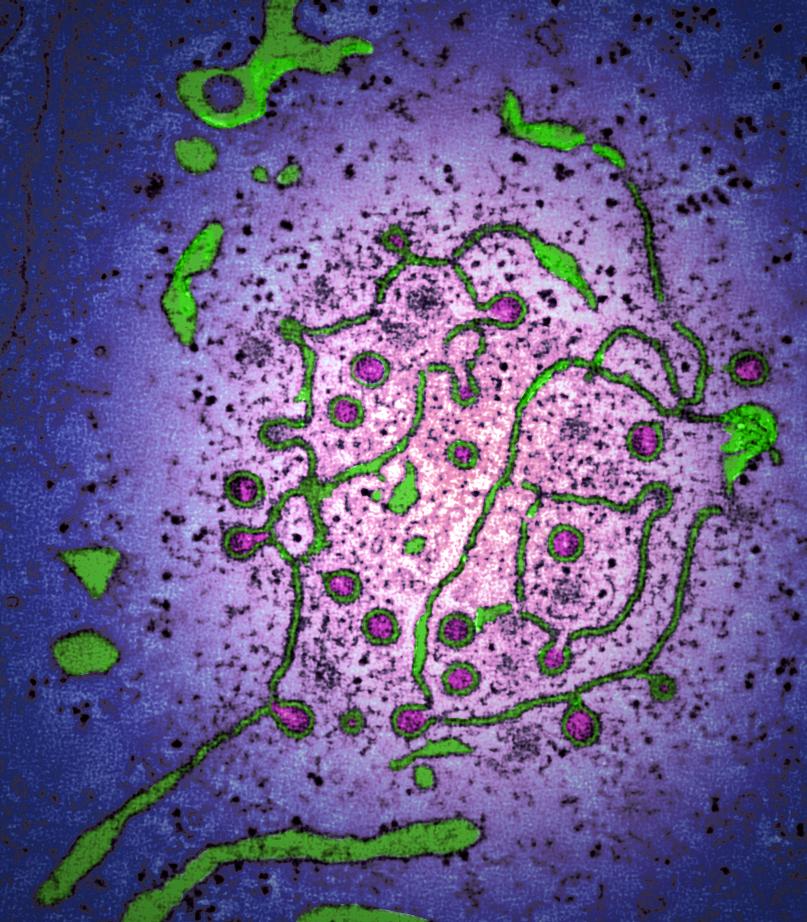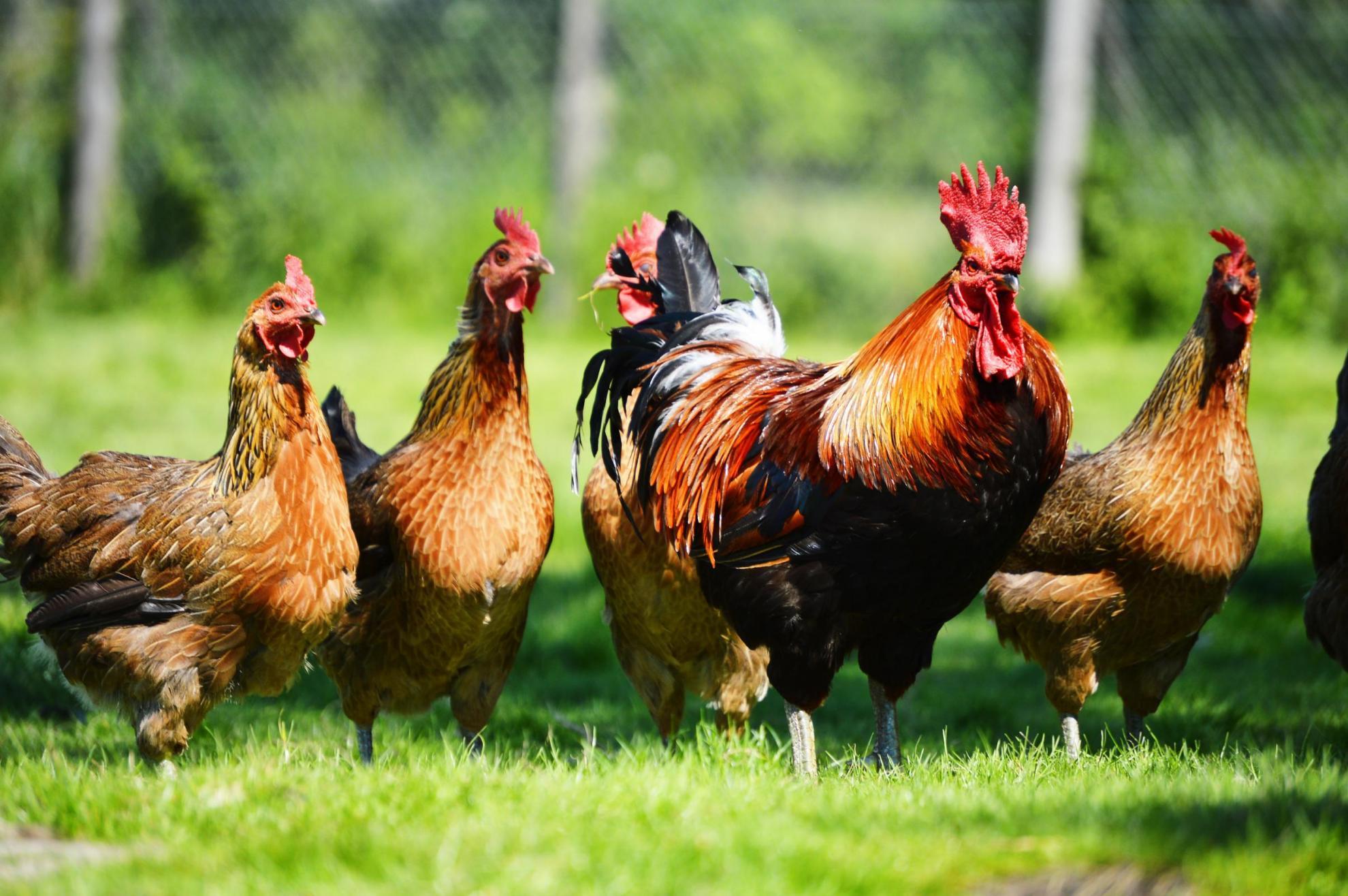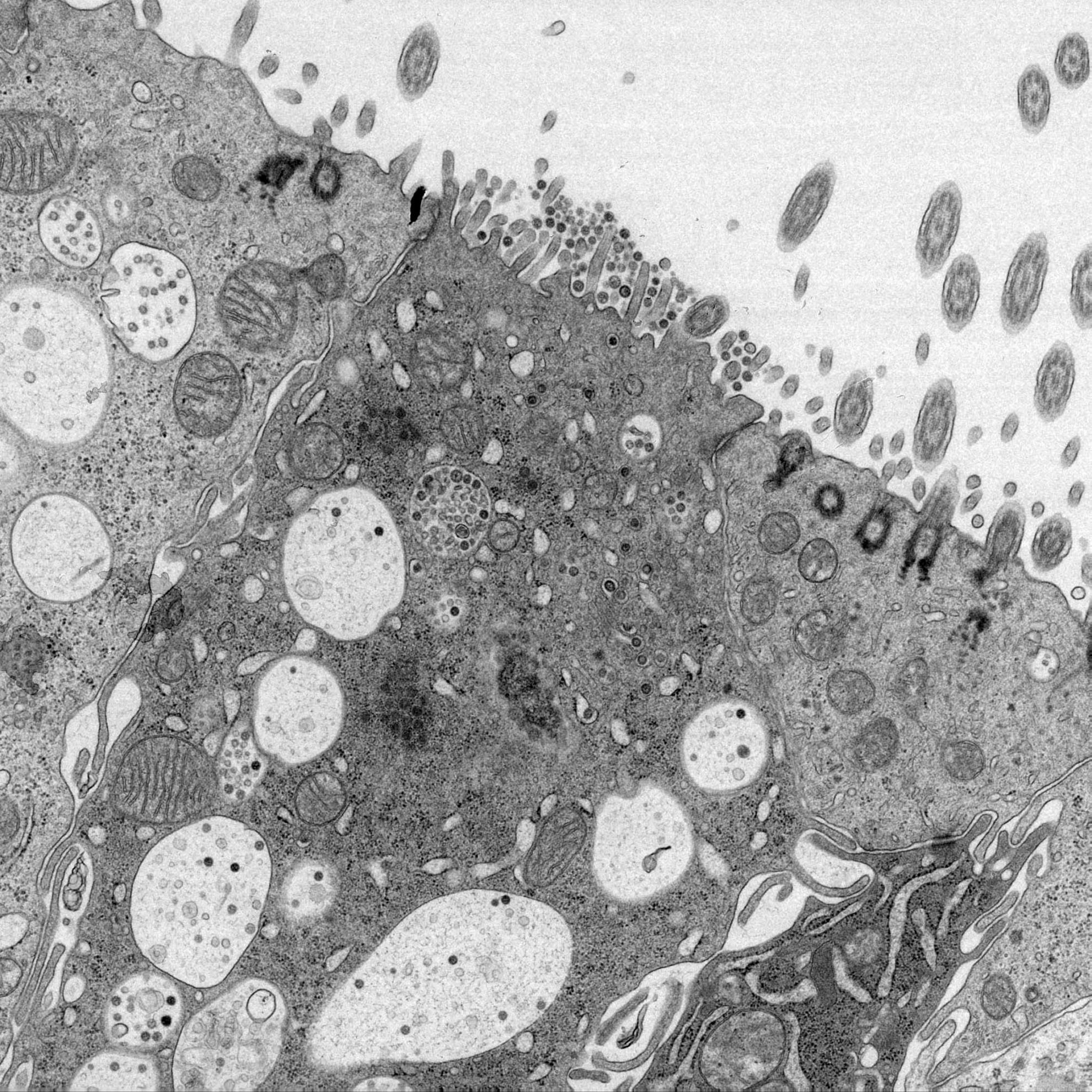Temperature sensitivity; a potential method for the generation of vaccines against the avian coronavirus infectious bronchitis virus
The Gammacoronavirus infectious bronchitis virus (IBV) is a highly contagious economically important respiratory pathogen of domestic fowl. Reverse genetics allows for the molecular study of pathogenic determinants to enable rational vaccine design. The recombinant IBV (rIBV) Beau-R, a molecular clone of the apathogenic Beaudette strain, has previously been investigated as a vaccine platform. To determine tissues in which Beau-R could effectively deliver antigenic genes, an in vivo study in chickens, the natural host, was used to compare the pattern of viral dissemination of Beau-R to the pathogenic strain M41-CK. Replication of Beau-R was found to be restricted to soft tissue within the beak, whereas M41-CK was detected in beak tissue, trachea and eyelid up to seven days post infection. In vitro assays further identified that, unlike M41-CK, Beau-R could not replicate at 41 °C, the core body temperature of a chicken, but is able to replicate a 37 °C, a temperature relatable to the very upper respiratory tract. Using a panel of rIBVs with defined mutations in the structural and accessory genes, viral replication at permissive and non-permissive temperatures was investigated, identifying that the Beau-R replicase gene was a determinant of temperature sensitivity and that sub-genomic mRNA synthesis had been affected. The identification of temperature sensitive allelic lesions within the Beau-R replicase gene opens up the possibility of using this method of attenuation in other IBV strains for future vaccine development as well as a method to investigate the functions of the IBV replicase proteins.


